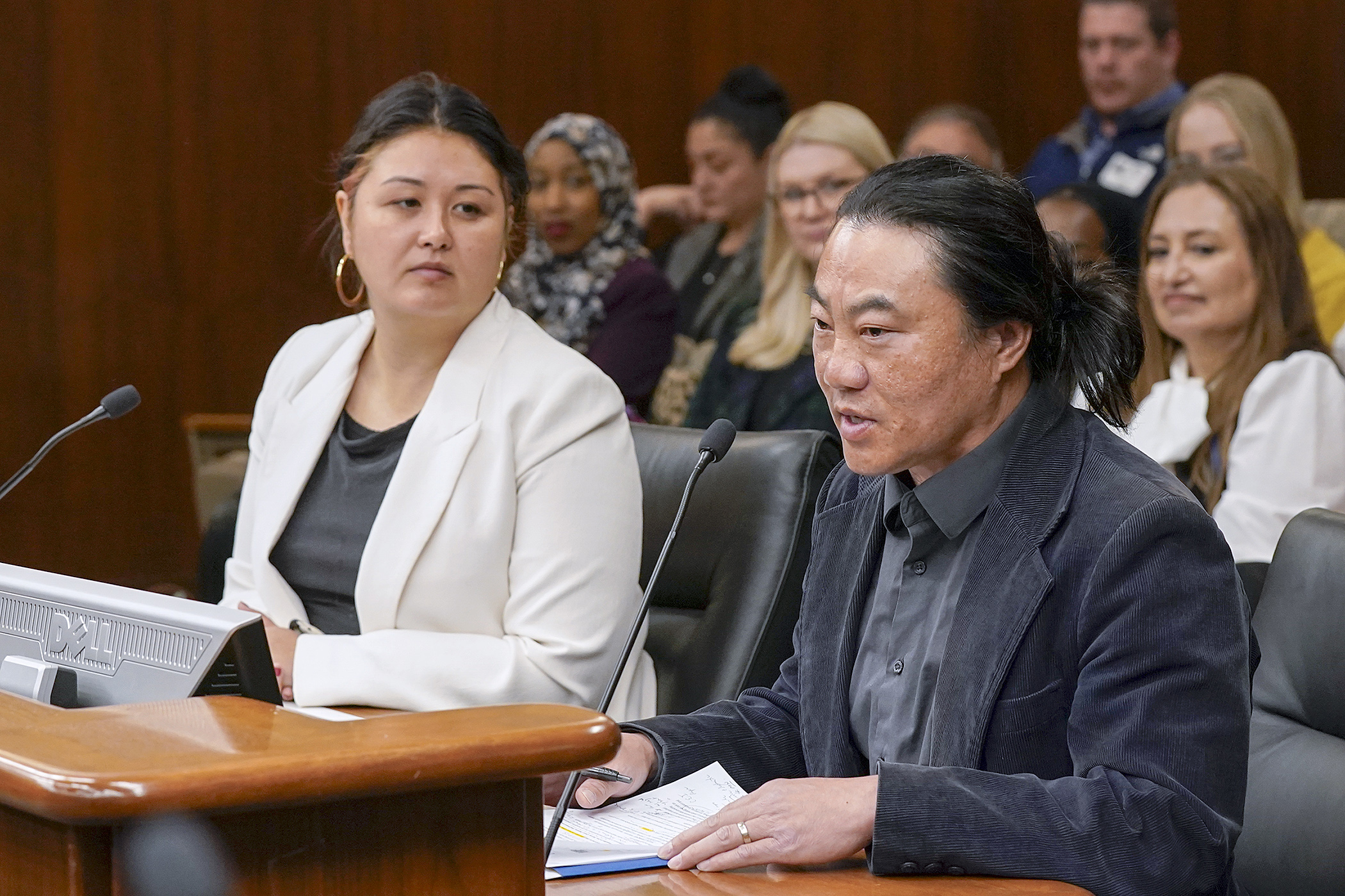‘Racial equity impact’ notes could be available upon request

Fiscal notes, as the name implies, are a must on all budget bills, plus any bill directing state agencies and departments to implement new programs and services that would affect their bottom line.
Rep. Samantha Sencer-Mura (DFL-Mpls) is proposing something similar with HF2821, which would establish a process for requesting a “racial equity impact” note for select proposals.
The idea is the notes would give lawmakers information on whether and how legislation would have an inequitable racial impact on people and communities.
“Some bills that may seem on the surface to be having really positive effects, when you actually dig into the data, can have disparate effects on different racial groups,” Sencer-Mura said.
The House Economic Development Finance and Policy Committee approved the bill on a voice vote Wednesday and sent it to the House State and Local Government Finance and Policy Committee.
As stated in the bill, the purpose of a racial equity impact note “is to provide an objective-based assessment to inform legislators and the public of potential racial economic disparities that may be exacerbated or created by proposed legislation.”
“When we know better, we do better,” Sencer-Mura said.
Notes would only be prepared at the request of the chair and ranking minority members of the standing committee to which a bill has been referred, the House Ways and Means Committee or the Senate Finance Committee.
Notes would be prepared by the Department of Employment and Economic Development in consultation with the Legislative Budget Office.
Several supporters connected racial inequities to unequal health care outcomes and noted that lawmakers must be aware of these when crafting health policy legislation.
Minnesota has some of the worst racial health disparities in the United States, said Dr. Michael Aylward, program director for the internal medicine/pediatrics residency program at the University of Minnesota.
Compared to white populations, Black, Indigenous, and other people of color in Minnesota experience shorter life spans and higher incidences of diabetes, heart disease, cancer, and other chronic diseases, he said.
The Legislature approved a resolution in 2022 declaring racism to be a public health crisis.
“Racial equity impact notes are an opportunity to make good on this promise and provide transparency and accountability to laws and policies,” Aylward said.
The bill would appropriate an unspecified amount of money in fiscal year 2024 for the Legislative Budget Office to conduct the work of preparing racial equity impact notes. A fiscal note has been requested.
Related Articles
Search Session Daily
Advanced Search OptionsPriority Dailies
Speaker Emerita Melissa Hortman, husband killed in attack
By HPIS Staff House Speaker Emerita Melissa Hortman (DFL-Brooklyn Park) and her husband, Mark, were fatally shot in their home early Saturday morning.
Gov. Tim Walz announced the news dur...
House Speaker Emerita Melissa Hortman (DFL-Brooklyn Park) and her husband, Mark, were fatally shot in their home early Saturday morning.
Gov. Tim Walz announced the news dur...
Lawmakers deliver budget bills to governor's desk in one-day special session
By Mike Cook About that talk of needing all 21 hours left in a legislative day to complete a special session?
House members were more than up to the challenge Monday. Beginning at 10 a.m...
About that talk of needing all 21 hours left in a legislative day to complete a special session?
House members were more than up to the challenge Monday. Beginning at 10 a.m...